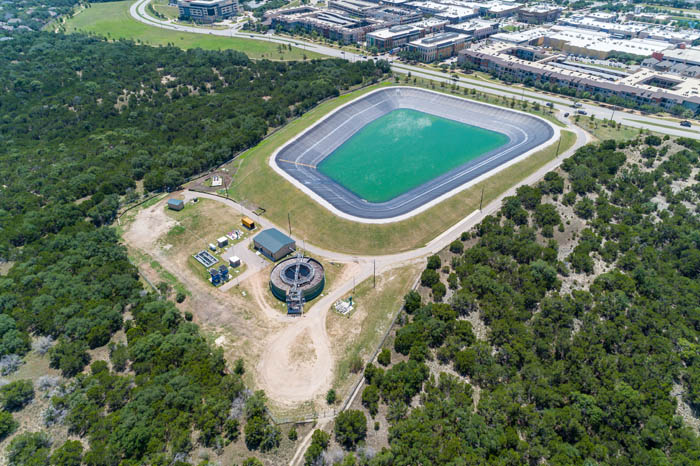
National Water Quality Month highlights the importance of providing clean, safe water every day
In 2005, National Water Quality Month was established in the United States by the Environmental Protection Agency, with backing from the United Nations. Since then, August has been a month for public conversation on how communities can use our precious natural water resources sustainably so there will always be enough safe, clean water for all.
At Seven Seas Water Group, we have put a great deal of thought into how to achieve this goal. For Water Quality Month, we would like to share what we believe are some of the most important initiatives to achieve optimal water quality.
From Wastewater Treatment to Resource Recovery
Fresh, clean, and safe water is a life-sustaining asset, but it’s easy to take for granted, that is, until it starts to run short. Then, it’s hard to think of anything else. Continuing to waste high-quality drinking water on vehicle washing, landscape irrigation, and toilet flushing suddenly seems so careless.
Fortunately, there are alternatives to using fresh water once and then discharging it. A number of resources can be efficiently recovered from wastewater, including energy and biomass.
Perhaps the most valuable resource that can be recovered from wastewater is water itself. It can be efficiently treated for safe reuse in nonpotable applications, virtually increasing availability while conserving water for drinking. Every drop of water reused is a drop not taken from ecosystems.
Water and Wastewater Treatment
Treating wastewater for reuse can help keep nearby fresh water sources safe and clean.
Our sources of fresh water are increasingly polluted by industrial effluent, fertilizer-laden agricultural runoff, sewage from leaky municipal infrastructure, and pesticides. Fortunately, updated processes can treat water that must be discharged or is headed for taps, keeping bodies of water and drinking water safe and clean.
Far too often, however, communities are unable to put their best intentions into action because they lack the capital to obtain the infrastructure they need. It can stress a community’s resources to train and retain a workforce to operate and maintain the infrastructure, develop and implement policies and procedures, keep abreast of changing regulatory frameworks, and keep a local parts inventory.
That’s where some newer financing models are changing things. Performance-based contract models — including public-private partnerships, build-own-operate, and build-own-operate-transfer — can deliver infrastructure with little or no upfront investment. Contracts include long-term operations and maintenance.
With this type of financing, a community can offload risk and take advantage of the expertise of a specialized company instead of going at it alone.
Preserving a Limited Resource
Only 3% of the world’s water is fresh, which means 97% of it is available for desalination in coastal areas or above brackish aquifers. When a desalination plant converts saline water into fresh drinking water, it lowers demand on freshwater aquifers, which can prevent saltwater intrusion.
While desalination has some environmental impacts, experience has shown that with proper design and siting, a thoughtful impact study, and ongoing monitoring, aquatic ecosystems can thrive alongside desalination plants.
While National Water Quality Month is an American observance, the same principles apply the world over. In an example much starker than what’s typical in the U.S., many residents of the Island of Trinidad were only receiving water service two or three days per week. A Seven Seas desalination plant was able to quickly establish high-quality, 24/7 drinking water service for the island’s inhabitants.
The feat wasn’t delivered at the expense of nearby aquatic ecosystems. The plant’s design, location, and monitoring program, in fact, gained praise in a Harvard study for its low environmental impact. Flexible financing through our Water-as-a-Service® offering made it possible.
National Water Quality Month is dedicated to making the most of the relatively small amount of fresh water we have, because having clean water is vital to our individual health, our collective agricultural needs, and the needs of our environment. It’s easy to forget its true value when it comes so readily available.
Contact Us to learn how we can work together in preserving and enhancing access to water.

